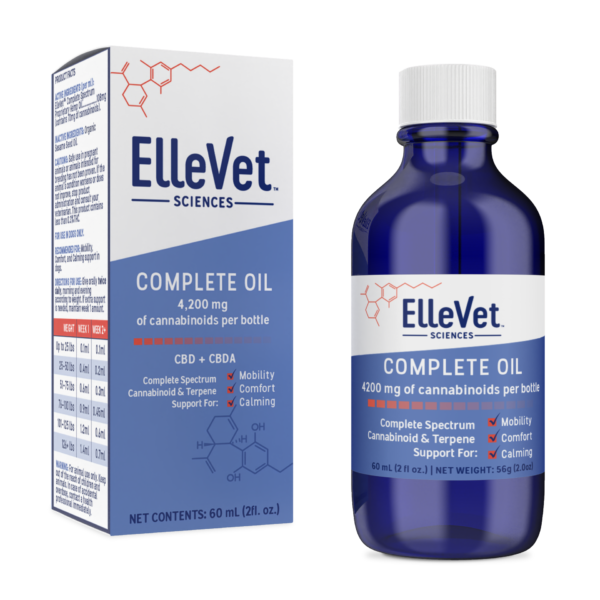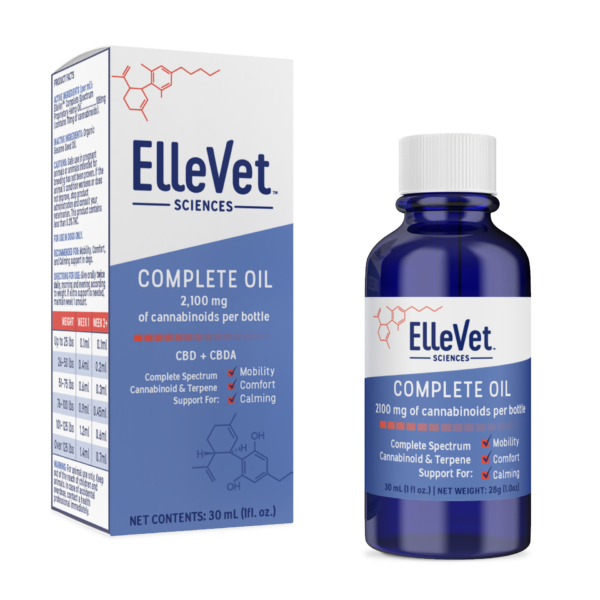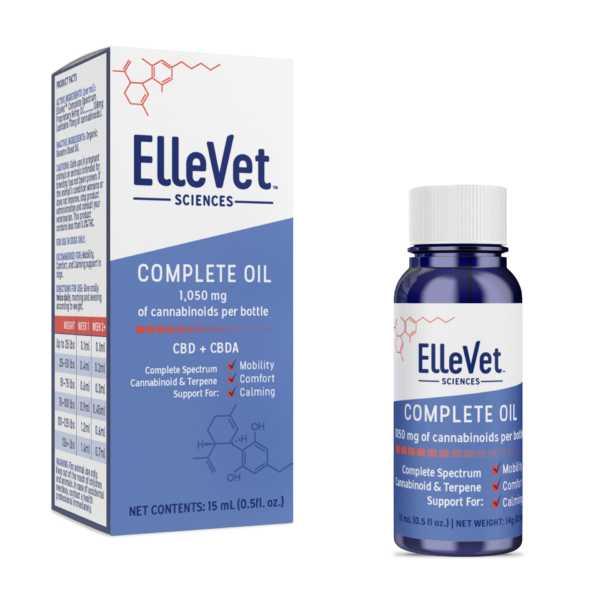Fish oil is a popular supplement, and humans have been implementing it into their diets for some time now. In recent years, fish oil has also been thought to be beneficial for dogs.
Is there any proof to this? How does fish oil help our dogs, if at all?
Table of Contents
What is Fish Oil?
Fish oil is derived from the tissues of fish. It is rich in omega-3 fatty acids, which humans and canines do not produce on their own. These omega-3 fatty acids are nutritionally beneficial and are known to reduce inflammation, which makes supplements like fish oil very important. Without fish oil, humans and canines would be hard pressed to find an alternative when it comes to the fatty acids it contains.
Benefits & Applications
Some of the claimed benefits of adding fish oil to your dog’s diet are:
- Supports heart health
- Can reduce itching
- Can sooth flaky skin issues
- Promotes clean, shiny coat/fur
- Helps with allergies
- Can help with joint pain
- May improve cognitive function
The benefits listed above are made possible by those omega-3 fatty acids that we discussed prior. Many of these benefits have been studied and proven, and according to the American Kennel Club, “Another benefit of fish oil is that it helps dogs across the span of their lifetimes. DHA, a component in omega-3 fatty acid, aids in the proper brain and eye development of puppies. DHA may also improve cognitive function in older dogs dealing with canine cognitive dysfunction. Research has shown that omega-3 fatty acids can help to treat canine arthritis and chronic kidney disease.”
Safety and Storage
Fish oil has been found to be safe in dogs. There are no documented drug interactions or severe adverse reactions.
It is advised to keep fish oil out of direct sunlight, and to keep it refrigerated at all times. Fish oil will usually come in a darker tinted bottle, in part due to the negative effects sunlight can have on it. It is also important to properly seal the fish oil bottle after use. When the oil comes in contact with oxygen for long periods of time, it can go ‘bad’ rather quickly. If you notice an especially unpleasant odor when you open the oil bottle, it is best to just throw it out, rather than taking the risk of giving your dog spoiled oil.

Which Fish Oil is Right for My Dog?
There are typically 3 different variations of fish oil on the market:
- Natural Triglyceride Oil
- Ethyl Ester Oil
- Synthetic Triglyceride Oil
Natural Triglyceride Oil is thought to be a favorable option as it is the easiest to absorb, however it is not filtered, so it may contain certain contaminants (although, this is not common). Ethyl Triglyceride Oil is distilled several times, making it a very clean and concentration option. Synthetic Triglyceride Oil is thought to be the ‘lesser’ of the bunch, as it is synthetic and is the most difficult for dogs to absorb.
All of these oil variations have the potential to help your dog, some are just more favorable than others in terms of absorption and concentration. Talk with your veterinarian about the different fish oil brands you are considering, so you can go through and choose the right one for your dog!
Reference
https://www.akc.org/expert-advice/nutrition/fish-oil-for-dogs/




